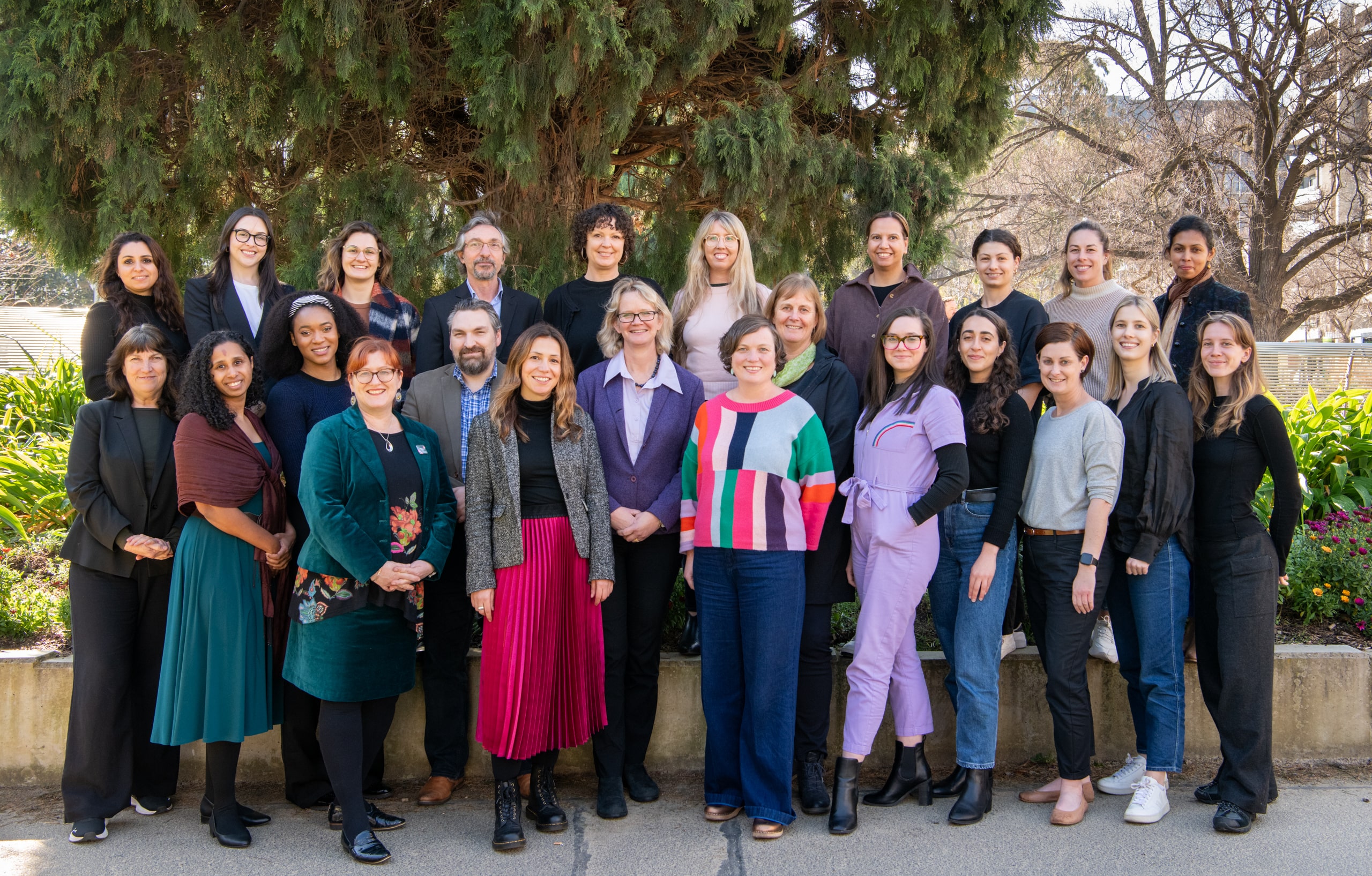Welcome
Our research and teaching at the unit are focussed on promoting the understanding and use of evaluation and implementation science methods in health care. Evidence of high-quality health care is generated through evaluation with implementation science informing strategies to foster the uptake of evidence into routine practice in a range of settings. Through these methods we seek to improve health care equity and outcomes.


Contact Us
Centre for Health Policy
Level 4, 207 Bouverie Street
The University of Melbourne
Melbourne School of Population and Global Health
Victoria, 3010, Australia
Tel: +61 3 8344 9111
Email: CHP-enquiries@unimelb.edu.au
For more information on the Melbourne School of Population and Global Health's research, visit the study page.
-
Meet our students
Our students are talented researchers and practitioners from around the world. They are learning to use evaluation and implementation science in exciting ways to improve health and health care in diverse settings.
View -
Short Courses
Find out about our latest short course offerings in health program evaluation and implementation science.
View -
Master of Public Health
Teaching and Learning are important parts of the Unit’s activities. Our academics make a major contribution to the MSPGH flagship graduate program, the Master of Public Health.
View -
PhD Opportunities
Read about current opportunities for PhD students within the Evaluation and Implementation Science Unit.
View

